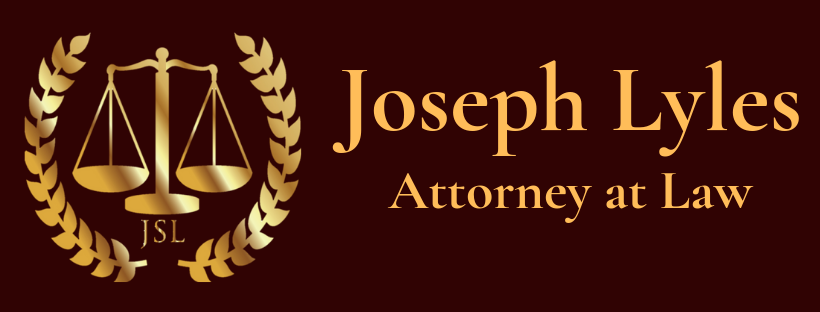Lesson 22: Beware of Legal Myths About Employment Law
From The Sue the Bastards section of How You Can Avoid Legal Land Mines by Joseph S. Lyles (2003).
One of the legal myths I hear often is that an employer can’t fire an employee without good reason. The sad truth is that in a “right to work” state like South Carolina, you can be fired for any reason or no reason, as long as the firing doesn’t violate a constitutional or statutory right; you cannot be fired because of your race, disability, age, sex, or religion. And there are a few other statutory limitations, such as prohibitions against firing you for serving on a jury or for making a workers’ compensation claim (referred to as a retaliatory discharge). If you have a written employment contract, handbook or policy manual, it may give you other protections from being fired. But other than those exceptions, your employer doesn’t even have to give a reason for firing you. It may not seem fair, but there is no legal requirement that an employer be fair, only that he act constitutionally.
An employer can fire you because your tongue is pierced or you took too long on a smoke break. Your employer can fire you for being late to work, and for just about any other reason. Under the national laws governing family leave and disabilities, there are additional restrictions , but not all employers come within the restrictions of those laws. Also, government employees have certain rights to various hearings and reviews before they can be fired.
There are also federal and state statutes that provide protections for “whistle blowers” or people who report fraud perpetrated against the government by their employers. In addition, your employee handbook may give you rights to certain procedures before you can be fired.
If you suspect you are going to be fired unfairly, try to legally obtain copies of your personnel file. And if you are fired, request that a written explanation of your dismissal be provided in addition to any oral explanation. Then you will have some evidence for your attorney to review and advise you based upon these items of evidence. Written documents are much more helpful to your attorney than reports of rumors, suspicions and innuendo.
The Lesson: Because there are more and more laws applying to the employer-employee relationship, you should consult an attorney about any serious problem you have with your employer or employee. However, beware of legal myths, such as that an employer has to have a good reason to fire you.
